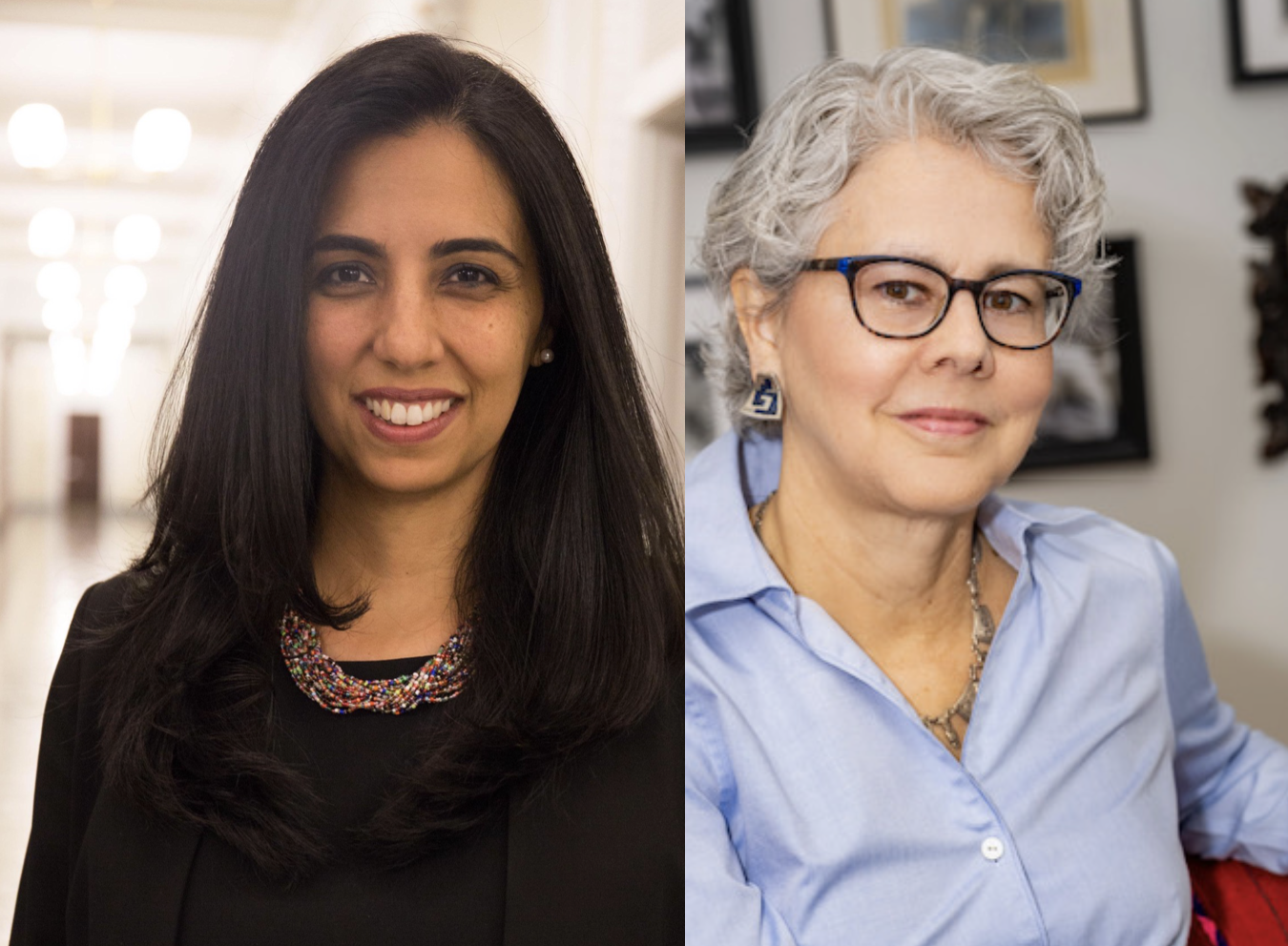State of Emergency: Behind Paul Allen's Anti-Homelessness Push in Seattle
/The presence of so many unsheltered people on America's streets underscores today's housing affordability crisis and is a painful reminder of the gaping holes that remain in the social safety net. The problem has reached a state of emergency in prosperous West Coast cities like Seattle, where, according to a recent count, nearly 3,000 people spend the night in the open.
With homelessness spiking in places like Seattle, Los Angeles and the Bay Area, local funders have kicked into gear, as we've been reporting, working alongside municipal government to address the problem. The latest news out of Seattle is that Paul Allen is giving $30 million to build permanent supportive housing for up to 100 families. In conjunction with $5 million from the city, Allen’s gift will fund a housing and support hub for families with children who are experiencing homelessness.
As a philanthropist, Allen is best known for backing the Allen Institute for Brain Science, as well as broader health and biomedical giving, which encompasses not just brain science, but cellular biology, hospital support and international funding against diseases like Ebola and Zika. Allen's national and global philanthropy has lately expanded into additional areas, including ocean protection and international wildlife conservation.
Related:
Paul Allen’s Marine Giving Takes Shape Amid a Growing Ocean Push by Billionaire Funders
Inside Paul Allen's $100 Million Ebola Give, and Where His Philanthropy Is Headed
Traffic Got You Down? Here's a Billionaire Looking to Tackle This Problem
Next Up for This Billionaire: Breaking New Ground in Cell Science
But Allen's giving also looms large in the Pacific Northwest, and his foundation has long had a robust local program that includes grantmaking for education, arts and culture, libraries, and more. Allen has also backed the Experience Music Project/Science Fiction Museum and Hall of Fame (EMP). And recently, as we've reported, he made a big gift to the University of Washington. (Besides his foundation, Allen gives through his private firm, Vulcan Inc.)
Allen's big homelessness push underscores that this is a funder whose giving is continually evolving — and also that the homelessness crisis is looming ever larger in West Coast funding circles.
A third factor, here, is growing optimism that permanent supportive housing can make a real difference in tackling homelessness. This approach combines physical shelter with the healthcare, education and economic services necessary to keep residents on a positive trajectory. We've reported that funders in Los Angeles and elsewhere are betting big on permanent supportive housing; it's not surprising that some Seattle funders are swinging behind this approach, too.
Following Seattle Mayor Ed Murray’s declaration of a state of emergency around homelessness in 2015, Allen committed to working with the city. Last summer, he tested the waters with just over $2 million to build modular housing and support homeless youth. The recipients were the Compass Housing Alliance, YouthCare, and the Low Income Housing Institute. This year, Allen’s $30 million gift will go toward Mercy Housing Northwest, a leading nonprofit housing developer and operator.
Funding anti-homelessness strategies for children and youth seems to be Allen’s priority. In 2016, Allen partnered with the Gates Foundation and the Raikes Foundation to fund the School House Washington initiative, advocating for homeless students and families. Also with Raikes, Allen supports the organization Legal Counsel for Youth and Children. Finally, in late 2016, Allen worked with the Seattle Seahawks — which he owns — to raise money for Cocoon House, a nonprofit serving homeless youth in Snohomish County, Washington.
It's worth noting that Paul Allen is worth $20 billion and is a member of the Giving Pledge, which commits him to giving away at least half of that wealth. In other words, there's a reason that Allen's philanthropic agenda keeps expanding—he has the resources to do more. He also has an imperative to do so, if he wants to make a dent in disposing of his vast fortune. The fact that he's taken an interest in reducing homelessness in Seattle and the Northwest could mean a significant flow of new resouces to this area for years to come.
Related:







































